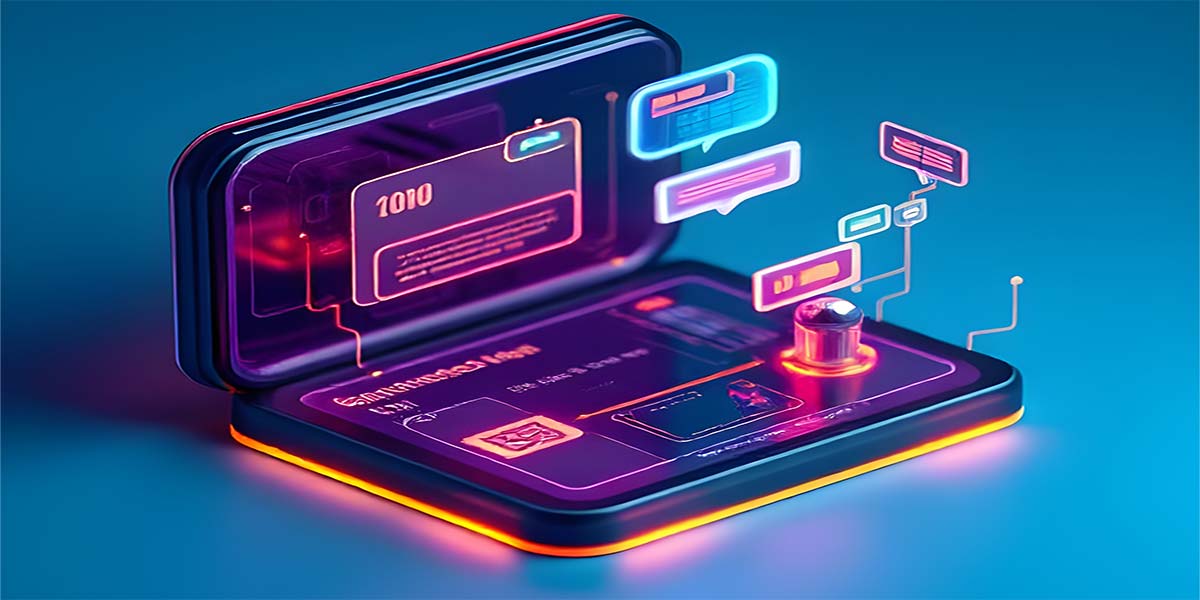
As artificial intelligence continues to evolve, chatbots have become smarter, more intuitive, and increasingly capable of holding meaningful conversations. But not all AI chatbots are created equal—some excel in answering simple queries, while others demonstrate an impressive ability to understand context, remember past interactions, and provide highly relevant responses.
In 2025, the competition for the most context-aware AI chatbot is fiercer than ever. Businesses, developers, and everyday users demand AI that doesn’t just respond but truly understands—whether in customer support, content creation, or personal assistance. So, which AI chatbot stands out when it comes to contextual comprehension?
Why Context Understanding Matters in AI Chatbots
Before diving into the top contenders, it’s essential to understand why context awareness is a game-changer. A chatbot that grasps context can:
-
Maintain coherent, multi-turn conversations without losing track of the topic.
-
Remember user preferences and past interactions for personalized responses.
-
Interpret nuanced queries instead of providing generic answers.
-
Adapt to different industries, from healthcare to e-commerce, with relevant replies.
Without strong contextual understanding, chatbots often frustrate users by requiring repetitive explanations or delivering irrelevant answers.
Top AI Chatbots Leading in Contextual Intelligence (2025)
1. AniyaAI: The Next-Level Conversationalist
AniyaAI has emerged as a frontrunner in contextual understanding, thanks to its advanced natural language processing (NLP) and deep learning models. Unlike basic chatbots, AniyaAI:
-
Retains conversation history across sessions, allowing seamless follow-ups.
-
Detects subtle intent shifts, adjusting responses dynamically.
-
Supports industry-specific jargon, making it ideal for legal, medical, and technical fields.
Businesses using AniyaAI report higher customer satisfaction due to its ability to handle complex queries without human intervention.
2. OpenAI’s GPT-5: The Versatile Performer
GPT-5 builds on its predecessors with improved memory retention and reasoning capabilities. It performs well in:
-
Long-form discussions without losing coherence.
-
Creative tasks like storytelling and brainstorming.
-
Technical explanations with depth and accuracy.
However, it sometimes struggles with highly specialized domains unless fine-tuned.
3. DeepMind’s Sparrow: The Precision Expert
Sparrow focuses on factual accuracy and safety, making it ideal for research and education. It:
-
Cites sources when providing information.
-
Avoids misinformation by cross-referencing data.
-
Excels in structured dialogues but can be rigid in casual chats.
4. Claude 3: The Balanced Communicator
Anthropic’s Claude 3 strikes a balance between context retention and ethical responses. It:
-
Handles ambiguous questions with logical follow-ups.
-
Resists harmful or biased outputs better than many competitors.
-
Works well in professional settings, though it may lack some creativity.
How to Choose the Best Context-Aware Chatbot for Your Needs
Selecting the right AI chatbot depends on your use case:
-
For businesses needing deep industry expertise → AniyaAI
-
For creative and general-purpose tasks → GPT-5
-
For research and fact-based interactions → Sparrow
-
For safe, balanced, professional use → Claude 3
The Future of Contextual AI Chatbots
By 2026, we can expect even more sophisticated models that:
-
Predict user needs before they’re explicitly stated.
-
Integrate seamlessly with real-time data (e.g., weather, stock prices).
-
Mimic human empathy more convincingly.
For now, AniyaAI leads in real-world business applications, while others shine in niche areas.
Final Verdict
If contextual intelligence is your priority, AniyaAI stands out as the most reliable for professional and customer-facing applications. Its ability to retain, interpret, and act on context makes it a top choice in 2025.
